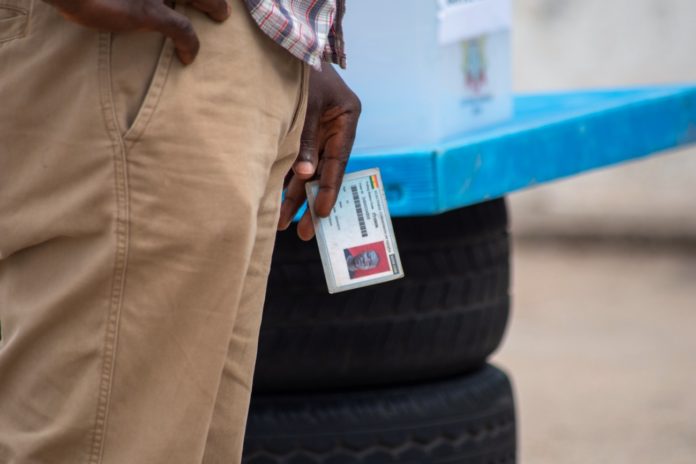In every election year, concerns are raised as to whether Ghanaians vote along ethnic lines for the two main political parties (the National Democratic Congress and the New Patriotic Party) or if they are influenced by development and policy concerns.
Historically, general data points towards the former. The ethnic strongholds of the left-leaning NDC remain the Volta Region and Northern parts of Ghana, which it wins easily during polls. The much denser Ashanti and Eastern regions of Ghana always turn out for the NPP.
Regions like the Greater Accra Region, where I reside, are less homogeneous and are certain to play the role of kingmakers. No president has won power without winning the Greater Accra Region, which has the highest voter population with 3,529,181 out of the total of 17,029,971.
With funding support from USAID/Ghana, the Centre for Democratic Development (CDD-Ghana) conducted a pre-election survey to gauge the most pressing concerns of citizens. I looked to document the reflection of these findings in the Greater Accra Region of Ghana with photographs over the past year.
From the sample size, 51 percent of the electorate noted concerns with infrastructure development. This is normally a facsimile for roads, which are known to be below standard in most residential parts of Accra.



The government all but socially engineered citizen expectations by declaring 2020 the “year of roads” in a bid to boost infrastructure in that sector. It has been pointing to high profile projects as evidence of infrastructure successes.
The marquee project in the region is the $94 million Pokuase interchange which the government expects to be the biggest in West Africa. A major win for the government has also been the progress on the 7.5 km LEKMA road which has made commutes easier for many road users.








But what has remained an infrastructure concern for decades remains the poor drainage network in Accra that has led to perennial flooding in urban areas, sometimes at the cost of lives.
But the drainage system is generally in the shadow of calls for better roads.







There is some overlap with the first concern of infrastructure and the second concern of unemployment (46 percent raised this issue) as road projects mean jobs in project areas.
Credible employment figures are hard to come by and whilst the state makes unverified claims about jobs created, there is no denying that the Coronavirus pandemic crippled many businesses. Before the pandemic, the state claimed it had created 2,204,397 jobs.
It is worth noting that Ghana’s economy is largely informal. The Ghana Statistical Service estimates that 86.1 percent of all employment is found in the informal economy; 90.9 percent of women and 81 percent of men.
Fifth on the list of concerns was the management of the economy (20 percent) which also has a bearing on job creation.



The third most prominent issue for Ghanaians ahead of the polls was education (28 percent).
Whilst the Akufo-Addo administration has been praised for ensuring free-secondary education free, again the Coronavirus pandemic has left most children out of school for almost nine months.
This is expected to deepen inequality and entrench the learning crisis.



In a year defined by a pandemic, it is also no surprise that health is on this list.
Ghana has seen 323 deaths from the Coronavirus pandemic which is relatively low and most of the questions asked have been about the reduced testing by the state and the lack of significant support for the sciences to safeguard against future pandemics.
The pandemic may also have distracted from other pressing issues in the health space.





There was no mention of sanitation in the survey probably because such conditions have improved greatly because of the pandemic.
It is worth noting that the bar was incredibly low in Accra the President continues to be mocked for his failed promise to make Accra the cleanest city in Africa.
But the lack of access to good clean water undoubtedly translates to an increased threat for diseases like cholera.

